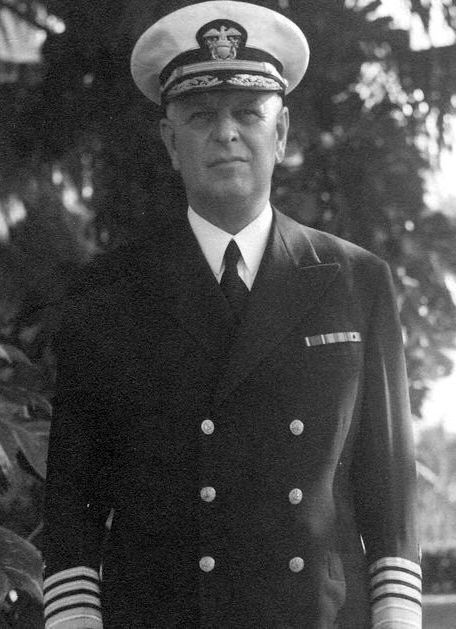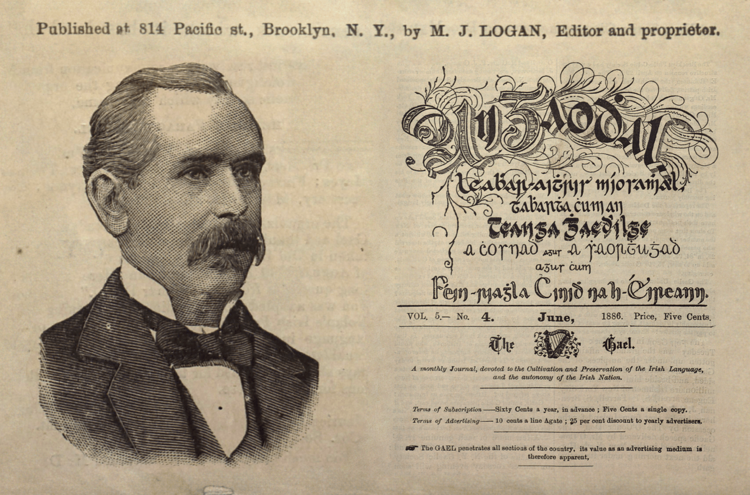On Sunday, December 7, 1941, the American Fleet was devastated when an armada of more than 350 Japanese planes bombarded Pearl Harbor. 2,403 Americans were killed, and four battleships were sunk.
How had the U.S. been caught flat-footed? Admiral Husband Kimmel, Commander in Chief of America’s Pacific fleet, and Lieutenant General Walter Short, the Army’s commander in Hawaii, were relieved of their commands. Stripped of their ranks, they retired in disgrace.
A law passed after World War II granted all officers the right to retire at the highest rank at which they had served during the conflict. Thousands were elevated to their wartime ranks – even men who had been court-martialed. The law was applied to all – except for Hawaiian commanders Kimmel and Short.
Admiral Kimmel and his defenders began what has by now been a more than eighty-year effort to exonerate him and restore his four-star rank.
The Board of Correction of Naval Records (BCNR), the three-member panel that exists to adjudicate such cases, long denied the claims of Kimmel and his family. In 2020, however, the Admiral’s family filed a fresh petition based on evidence unearthed during research for "A MATTER OF HONOR," the book about the attack I co-authored with Anthony Summers.
The Kimmels’ petition presented significant evidence that had not been available to any previous official inquiry. Among other items, it included detailed pre-war intelligence information about the very type of aerial torpedo attack unleashed by the Japanese on Pearl Harbor. That intelligence had never been sent to Admiral Kimmel.
The family’s application also made clear that Kimmel had not been relieved because Navy Secretary Frank Knox had lost confidence in his ability to command. Kimmel had been relieved, rather, because of pressure on Knox by other factors. There had been, above all, the need to keep secret the fact that the United States had broken Japan’s codes and was reading its diplomatic correspondence.
In light of the evidence supplied by the Kimmels, the BCNR voted to recommend to then President Trump that he restore Kimmel’s four-star rank.
The Board’s decision was approved by Secretary of the Navy Kenneth Braithwaite and sent to the Secretary of Defense for signature. Instead, the case languished during the transition and for years during the Biden administration. Then, in March 2023, in an unusual move, the Board's decision was reversed by the current Secretary of the Navy, Carlos Del Toro.
In light of such rebuffs, the Kimmel family’s efforts had long included direct appeals to Washington. In 1990 the Pearl Harbor Survivors Association, the very men who had served under Kimmel, passed a resolution urging then President George H.W. Bush to sign a recommendation to restore the Admiral’s rank. More than three dozen admirals joined their names to the effort.
From the outset, then Senator Joe Biden put his weight behind the effort. In 1991, he and four other U.S. senators - John McCain, William Roth, Alan Simpson, and Strom Thurmond - signed a letter asking Bush to support the request. Bush took no action.
In 1995, a report by Undersecretary of Defense Edwin Dorn concluded that responsibility for the attack should not have fallen solely on Kimmel and Short. He was unyielding, though, on the issue of restoring their ranks. “Admiral Kimmel and General Short,” he wrote, “suffered greatly for Pearl Harbor . . . But there can be no official remedy.”
In April 1999, during President Bill Clinton’s second term, Biden stepped in again. With Senator William Roth, he sponsored a resolution to restore both Kimmel and Short to the ranks they had held in 1941. In Biden’s words, it was unacceptable to forget “two brave officers whose true story remains shrouded and tarnished by fifty‑seven years of official neglect of the truth.”
In spring 2000, when the necessary legislation was included as an amendment to the Defense Authorization Bill, it was passed. All that was necessary was that the President sign the recommendation and forward it to the Senate for approval. Clinton, however, left office without fulfilling the request
There the matter has rested.
In 2007, when he last referred to it publicly, President Biden described the Kimmel case as “the most tragic injustice in American military history.” Today, in the final days of his administration, the President can correct that injustice by making the recommendation that would restore Kimmel’s four stars – and his honor.
The men and women of the U.S. military deserve to have confidence that their Commander in Chief always has their backs. Even on the matter of correcting an historic injustice.
Robbyn Swan is the author, with Anthony Summers, of A Matter of Honor: Pearl Harbor – Betrayal, Blame, and a Family’s Quest for Justice. New York: HarperCollins, 2016.








